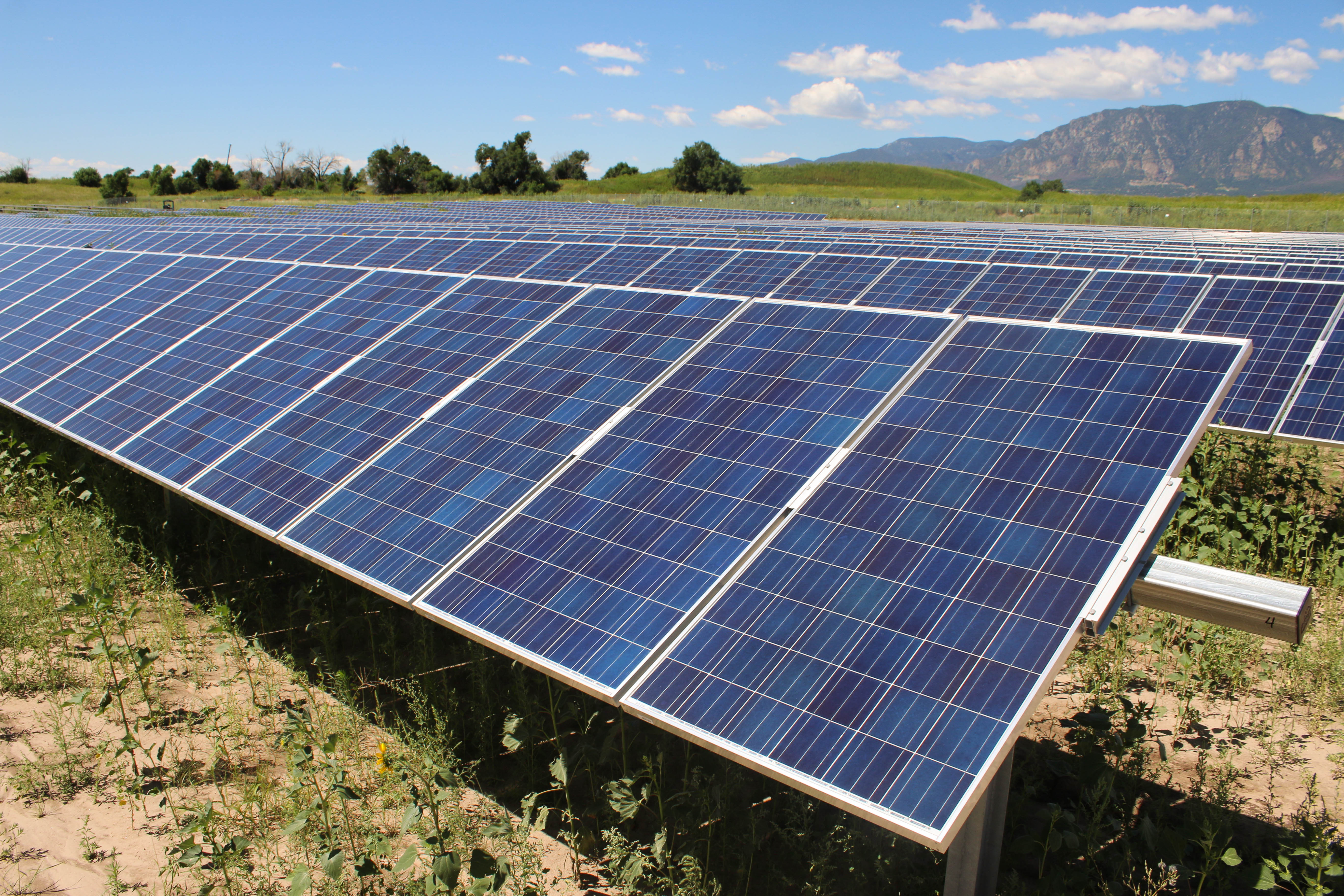
DENVER — This Thursday, Colorado Governor Jared Polis will sign seven new clean-energy focused bills into law — at JeffCo Community Solar Gardens in Arvada. The HB-1003, the Community Solar Gardens Modernization Act, is the key piece of legislation that allows consumers the choice of how and by whom their clean energy is generated. Colorado was the first state in the nation to enact community solar legislation in 2011, and this session’s energy legislation cements Colorado’s status as a leader in clean energy, with the community solar industry paving the way.
Colorado has set its energy goals sky high – 100 percent renewable energy by 2040 – and community solar is the one approach that broadens access to solar energy while preserving customer choice. Approximately 75 percent of Colorado homes are not suitable for rooftop solar, and that percentage shrinks when assessed for low- to moderate-income households, which makes this new legislation a real victory for underserved populations who cannot or don’t want to put solar panels on their roofs, or make an upfront investment to produce their own clean energy. Community solar provides all households with equal access to renewable energy generation and is the only way that both solar and consumer choice can simultaneously grow without being beholden to monopoly utilities. HB-1003 removes arbitrary restrictions on the size and location of community solar gardens, expanding community solar access to rural counties and improving the economies of scale for constructing a community solar garden.
The popularity of community solar – as evidenced by long waitlists for capacity in existing gardens; by 20 other states adopting community solar legislation; by the increasing pool of bidders to win community solar capacity in Colorado; by more than 500 megawatts of applications in Minnesota, where community solar capacity is uncapped – has even forced Xcel Energy, the largest utility in Colorado and Minnesota, to be the nation’s first major utility to adopt a policy to be 100 percent carbon-free by 2050.